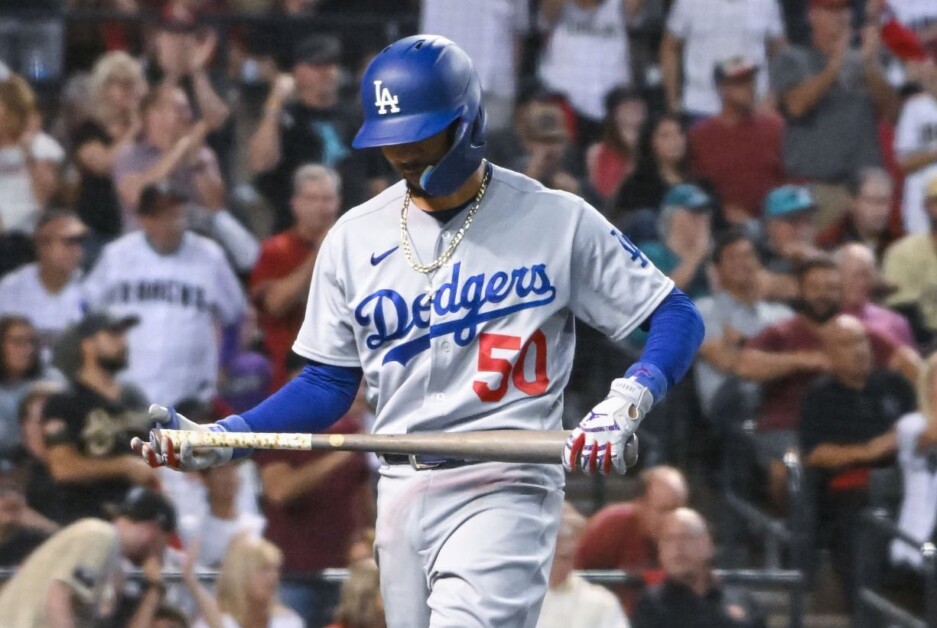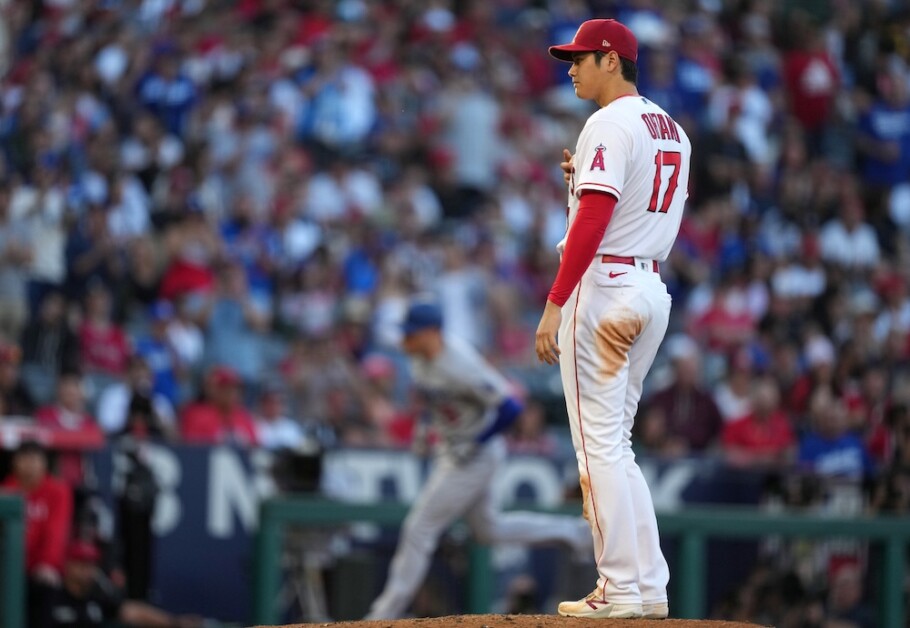In 2018, a significant event at the Dodgers Stadium marked the convergence of traditional sports memorabilia with innovative blockchain technology. The Los Angeles Dodgers, in collaboration with Lucid Sight, a local game developer, introduced the MLB Champions Game during a digital bobblehead night, pioneering the use of Non-Fungible Tokens (NFTs) in Major League Baseball (MLB).
Once limited to crypto betting websites and sportsbooks, this historic collaboration set the stage for future technological integrations in sports, opening a new chapter in fan interaction through digital collectibles.
The Genesis of Dodgers NFTs
The groundbreaking digital bobblehead night distributed 40,000 NFTs, each representing beloved Dodgers stars like Clayton Kershaw, Justin Turner, and Kenley Jansen. Fans received digital tokens embedded with unique codes, embodying a new type of collectible that could fluctuate in value based on player performances. This made these items unique, verifiable, and non-duplicable. This event created a buzz in the sports world. It introduced fans to the concept of blockchain and its potential to transform traditional sports memorabilia into a dynamic and interactive experience.
MLB Champions and the Digital Platform
Launched initially as MLB Crypto Baseball, MLB Champions allowed fans to engage with a digital platform where player cards and bobbleheads were tied directly to game performances. Utilizing Smart Contracts on the Ethereum blockchain ensured each item’s uniqueness and unalterability, thus preserving the scarcity and authenticity valued in physical collectibles. This approach bridged the gap between the digital and physical worlds, offering fans a new way to connect with the game and their favorite players through technology.
Challenges in Sustaining Momentum
Despite initial enthusiasm, with early digital collectibles fetching thousands of dollars, the public’s unfamiliarity with cryptocurrencies and NFTs led to dwindling interest. MLB and Lucid Sight discontinued support for the MLB Champions game, resulting in unsupported NFTs losing much of their functionality and market value. This phase highlighted the challenges of integrating new technologies into mainstream acceptance and the volatility of digital markets.
Preserving the Value of Legacy NFTs
Nonetheless, Dodgers NFTs’ intrinsic value remained, sustained by blockchain’s permanence. Platforms like OpenSea and Cryptoslam played crucial roles in maintaining the visibility and traceability of these tokens, with intelligent contracts enabling ongoing value exchange and protecting the rights and royalties of creators and collectors. This preservation effort demonstrated NFTs’ resilience and potential to hold value and relevance despite broader market fluctuations.
Dodgers MLB Crypto collection trades between 0.2E for Kenley Jansen (~$700.) and 0.45E for Justin Turner (~$1,450.), all the way up to 0.8E for Clayton Kershaw (~2,500.). While 39,999 were minted, scarcity for these has kept values up.
Impact on Sports Memorabilia and Fan Engagement
The Dodgers’ venture into NFTs significantly impacted sports memorabilia, redefining fan engagement and sparking debates on the value of digital versus physical collectibles. The MLB’s integration of technologies like the Scarcity Engine and Statcast data further legitimized the digital collectibles market, aligning closely with real-world performances. This technological shift has enhanced the fan experience and set new standards for how sports leagues and teams can engage with their audiences.
From Memorabilia to Sports Betting
The use of NFTs has expanded into the sports betting industry, offering a secure and credible platform for bettors. By eliminating intermediaries, NFTs have streamlined the betting process, allowing direct engagement between sportsbooks and punters. These platforms are cost-effective for developing and offer increased security through the blockchain’s immutability. This evolution shows how NFTs can extend beyond collectibles to become fundamental components of other industries, including gambling.
Enhancements in Betting Experience
NFT-driven betting platforms provide an immersive experience, enabling users to directly stake, sell, or trade NFTs. The authenticity and ownership of digital assets enhance bettor confidence, while the flexibility of cryptocurrency transactions simplifies payments and withdrawals. With bonuses and promotions often offered in NFTs, engagement and retention rates have soared, showing that NFTs can significantly enrich the user experience and satisfaction in betting environments.
The Future of NFTs in Betting
The integration of NFTs in sports betting continues to evolve, offering safe and efficient transaction methods and transforming the industry. Punters can easily verify the details of bets and the stakes involved, leading to more informed betting decisions. The digital representation of assets in betting replaces traditional cash and adds a layer of security and credibility, positioning NFTs as a transformative force in the betting industry. This evolution from conventional methods to digital innovations illustrates how deeply NFTs reshape and enhance the betting landscape, promising a future where digital assets become central to sports betting and other financial transactions.










